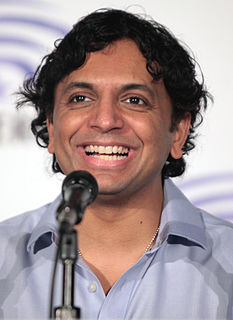A Quote by Rider Strong
I hope to always be doing some low budget things.
Related Quotes
I think one of my favorite things about making low budget movies is that when you get into expensive moviemaking territory, it's almost impossible not to reverse engineer the movies. It's irresponsible not to think about the result and the financial result. But when you make low budget movies, you can put that out of your head.
People talk about the difference between working on stage and working on film. I think you could say that there are as many differences between working on low budget films and working on big budget films. You really are doing the same thing, but at the same time you're doing something vastly different as well.



































